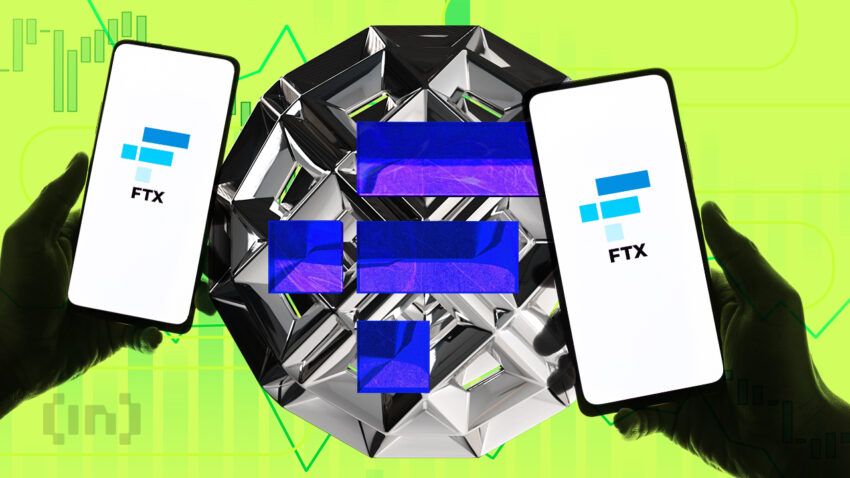A consortium of media companies wants to know to who FTX owes money following its bankruptcy. Including non-US customers who lost funds after the dramatic collapse. But why do news sources feel they need to know the personal details of creditor-customers?
Several media companies have raised objections to a motion filed by FTX to redact or withhold certain confidential information of non-US customers. They have asserted in bankruptcy court that transparency and openness are essential principles in insolvency proceedings.
The media entities involved here include such prominent names as Bloomberg, Dow Jones & Company, The New York Times Company, and The Financial Times Ltd.
Media Demand Names of Creditors
The companies’ May 4 filing in a Delaware bankruptcy court makes a strong case for transparency. And for the disclosure of FTX customers.
“The law of the United States — constitutional and statutory — guarantees the public a strong presumptive right to inspect bankruptcy filings. That right cannot be abrogated by a party’s assertion of legal obligations under foreign law,” the plaintiffs state.
They have previously argued, in an April filing, that the names of FTX creditors do not constitute “confidential commercial information.” And also raised the point that disclosure of this information would not subject the creditors to “undue risk.”
However, FTX and the Official Committee of Unsecured Creditors disagree. They agree that making details of FTX’s creditor-customers public will open them up to identity theft or “unlawful injury.”
The Official Committee of Unsecured Creditors represents the interests of all unsecured creditors in a bankruptcy case. It also investigates the debtor’s financial affairs, monitors the progress of the case, and makes recommendations to the bankruptcy court.
Bankruptcy proceedings adhere to a set of legal rules and principles that ensure fairness and transparency for all parties involved. However, balancing the need for privacy with the public’s right to access information in bankruptcy proceedings is tricky. Particularly with so many creditors involved.
Hearing Set for May 17
A November 11 filing estimates that there could be over one million creditors in total following the collapse. FTX owes the top 50 creditors more than $3.1 billion.
In this case, the media plaintiffs argue, disclosing customer-creditor personal information is crucial to grasping the full scope and impact of FTX’s bankruptcy. As the debtor in this case, FTX has a legal obligation to provide complete information to all parties involved. Ultimately, the court will have to decide what is included.
A hearing to decide the matter will take place on May 17.
BeInCrypto has reached out to the Reporters Committee for Freedom of the Press, which represented the media in this filing. At the time of publication, there has been no response.
Disclaimer
In adherence to the Trust Project guidelines, BeInCrypto is committed to unbiased, transparent reporting. This news article aims to provide accurate, timely information. However, readers are advised to verify facts independently and consult with a professional before making any decisions based on this content. Please note that our Terms and Conditions, Privacy Policy, and Disclaimers have been updated.


